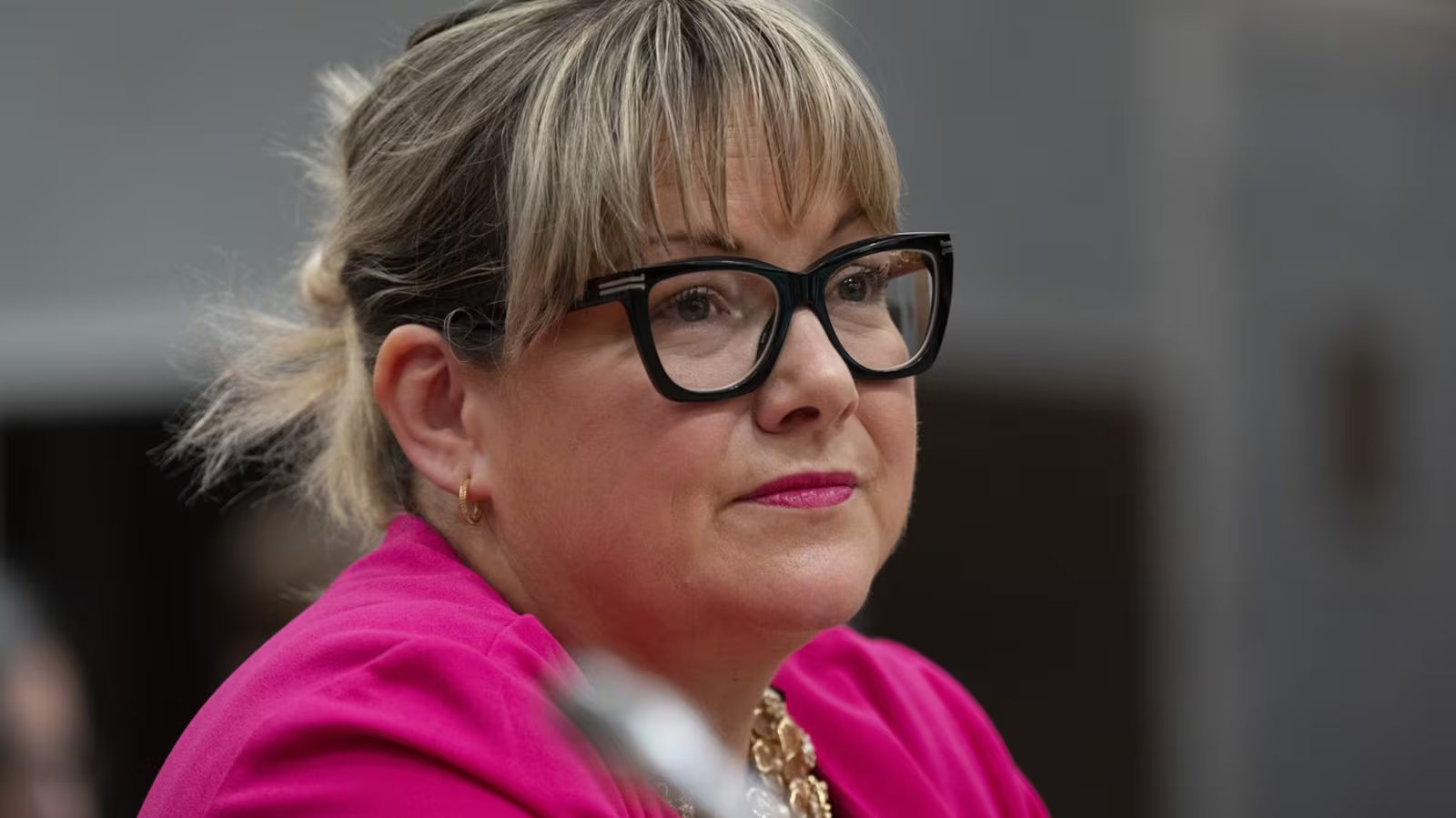Longtime Conservative strategist Jenni Byrne will not return as campaign manager in the next federal election, marking the end of an era for one of the party’s most influential backroom operators.
Byrne, a close adviser to Conservative Leader Pierre Poilievre, confirmed she is stepping back from the role she held during the spring campaign — one that resulted in the party’s fourth consecutive defeat to the Liberals.
A veteran of past campaigns, Byrne previously ran successful efforts for former prime minister Stephen Harper, including the 2011 victory and the unsuccessful 2015 re-election bid. Despite the recent loss, she remains an influential force within the Conservative Party and is expected to continue advising Poilievre on key political strategy.
Since the April 28 election, Byrne has faced growing internal criticism, with some within Conservative ranks calling for her to be removed as campaign manager amid frustration over the party’s inability to clinch power.
In a recent appearance on the Beyond a Ballot podcast — which promotes women’s involvement in politics — Byrne addressed her decision and defended the strategic choices made during the campaign.
She stood by the call not to focus the campaign on U.S. President Donald Trump and his tariffs, despite growing economic tensions between Canada and the U.S. under Trump’s second administration. Byrne said it was the right decision, suggesting the Conservatives maintained their support base, while Prime Minister Mark Carney “lied” about his ability to negotiate with Trump — a message that may have swayed undecided voters.
While Byrne will no longer helm the next campaign, her exit as manager signals a reshuffling at the top as the Conservative Party regroups and recalibrates for the next electoral showdown. The search for her successor has already begun, with party insiders hinting at a more diverse and modern campaign structure in the works.
Byrne’s departure also reflects the broader debate within the party over how to reignite momentum and expand beyond its traditional base in an increasingly polarized and economically uncertain political climate.

